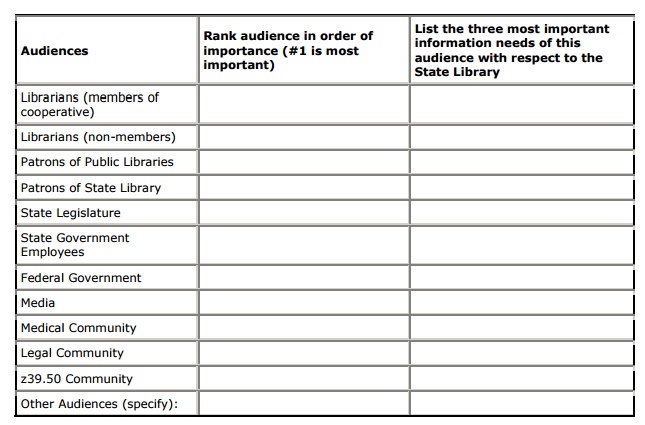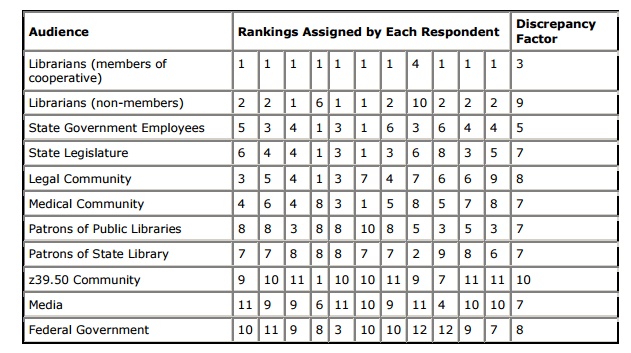Chapter: Information Architecture on the World Wide Web : Research
Learning About the Intended Audiences
Learning About the Intended Audiences
If you want to design an architecture that
supports the needs of the company and the needs of the users, you've got to get
everyone thinking about the primary audiences for the web site right at the
beginning. With information architecture, one size does not fit all, so your
approach should be determined by the needs and characteristics of the major
audiences.
You can start gathering this information
during early meetings by getting everyone to brainstorm on the topic. You might
ask some of the following questions:
•
Who are
the most important audiences for the web site?
•
Are
there other audiences we're not thinking about? How about the media, investors,
competitors, and current and potential employees?
•
Is there
a difference between the most important audiences (e.g., those who influence
funding) and the audiences who will use the web site most frequently? What are
the implications?
•
How do
these audiences currently interact with your company? By phone, mail, email,
fax, or in person?
•
What
will these audiences want to do when they visit the web site? Why will they
come and what will make them return?
Once you've generated an initial list of
possible audiences, ask the group to rank the relative importance of these
audiences, and list their most important needs, as we've done in the following
example:

We asked staff at the State Library of Iowa to
rank their key audiences and list the major information needs of each audience.
This structured approach to research enabled us to gather valuable information
quickly and efficiently.
The results of this audience prioritization
exercise will prove useful in considering possible information architectures
for the web site. They can also be interesting to analyze and discuss.
This chart shows the varying degrees of
consensus regarding the relative importance of each audience. The discrepancy
factor is calculated by subtracting the lowest assigned ranking from the
highest for each audience. While we can't vouch for the statistical validity of
this calculation, we can assure you it provides for a lively (and ultimately
useful) discussion.

Obviously, opinions regarding the importance
of the z39.50 community as an audience for this Web site ranged wildly. These
results uncovered this diversity of opinion about this particular audience and
enabled us to explore the reasons each person had for choosing his or her
audience priorities.
Related Topics